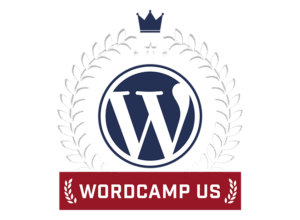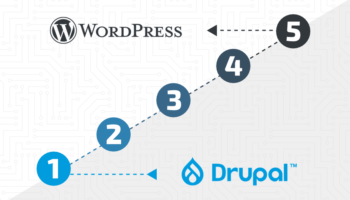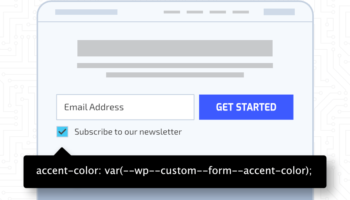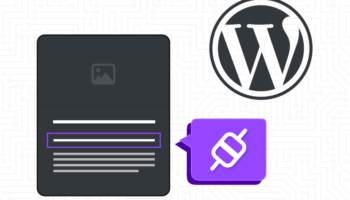 Last week, myself and RC Lations, travelled to Philadelphia to participate at WordCamp US. For those who don’t know, WordCamp US was the largest gathering of WordPress users and professionals on record, with over 1,800 attendees. In addition to meeting some of the most intelligent and influential people in the WordPress community, a highlight of the trip was discussing the future of WordPress.
Last week, myself and RC Lations, travelled to Philadelphia to participate at WordCamp US. For those who don’t know, WordCamp US was the largest gathering of WordPress users and professionals on record, with over 1,800 attendees. In addition to meeting some of the most intelligent and influential people in the WordPress community, a highlight of the trip was discussing the future of WordPress.
Here are three of the technologies that were discussed at WordCamp that are poised to change the platform for the better this year:
REST API
As of December 2015, WordPress powers 25% of the websites on the internet. Growing from a simple blogging platform, it has become a content management system (CMS) and is now heading in the direction of becoming a full fledged application framework.
A large part of this shift comes with the increased adoption of the WordPress REST API. For a while the API has been available as a standalone plugin or as part of Jetpack, however, with the release of WordPress 4.4 the foundation has been laid for incorporating the API into WordPress’s core.
The adoption of the REST API is significant because it provides opportunities for WordPress to better integrate with 3rd party websites and tools. Additionally, the API can be used by JavaScript functions to retrieve and post data to the site’s database without the need to reload the page. This opens the door for JavaScript libraries, like React.js, to be used for themes and admin tools.
For a more detailed discussion of this topic see RC’s blog post.
React.js
Matt Mullenweg, co-founder of WordPress, closed his State of the Word speech by assigning everyone homework: “Learn JavaScript, deeply”. In the past, WordPress has been a very PHP centric platform. With the opportunities being created by the REST API, JavaScript now has the opportunity to replace a lot of PHP’s functions with a faster and smoother user experience through browser delivered content as opposed to server delivery.
In particular, React.js has been highlighted as a key library for WordPress’s future. An example of this is Calypso, a desktop editor for WordPress.com which Automattic has recently released. This application best demonstrates the opportunities for smooth user experiences and third party integration.
PHP7
WordCamp US happened to coincide with the release of PHP7, the newest iteration of the server side language that WordPress is built on. While hosting companies will likely not update their servers to the new version until after all the bugs have been worked out, early testing is showing that WordPress sites will experience a significant speed boost when this happens. As WordPress supports many older versions of PHP, coding standards will likely not change anytime soon, but we’ll hopefully be enjoying faster sites before the end of 2016.
For more information about WordCamp Us visit their site: https://2015.us.wordcamp.org/





